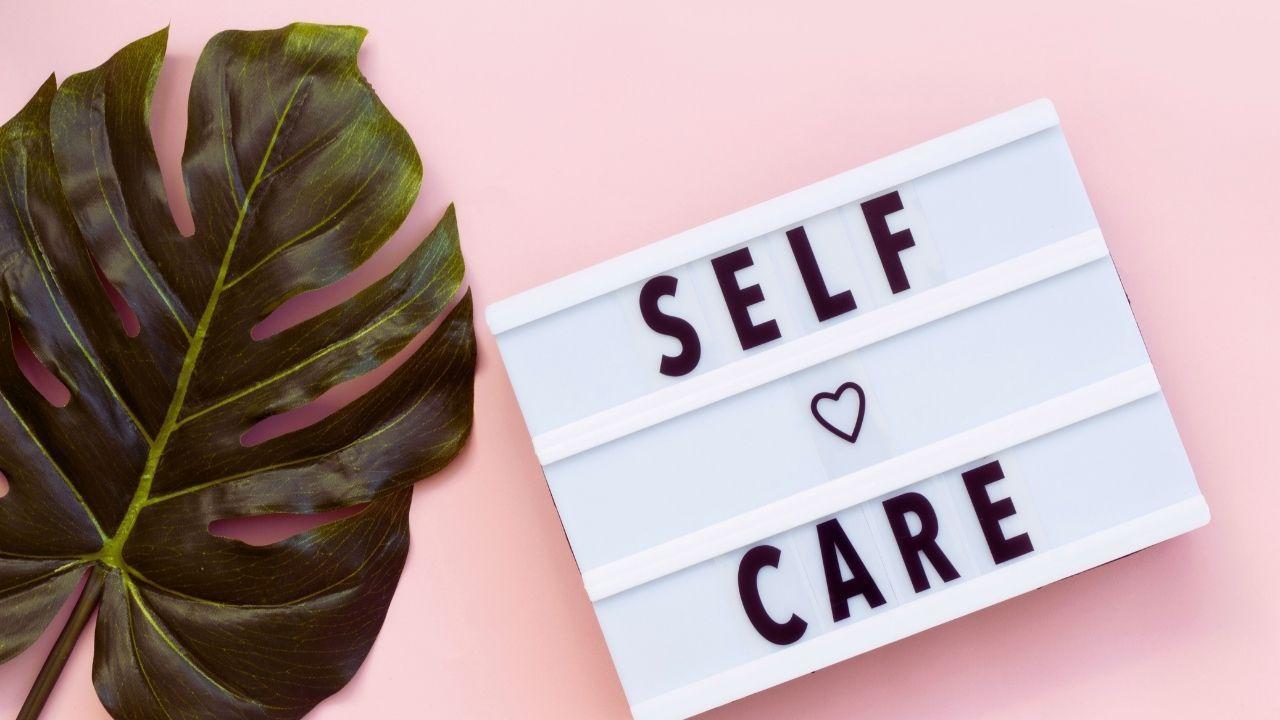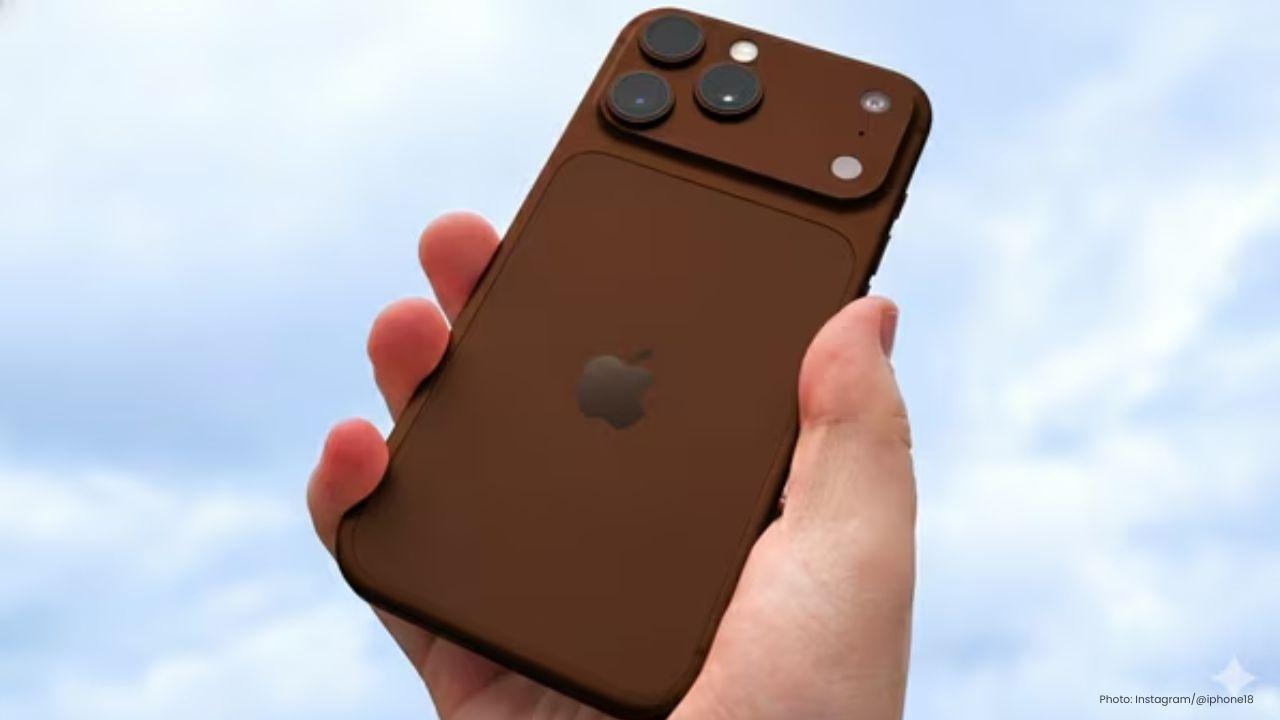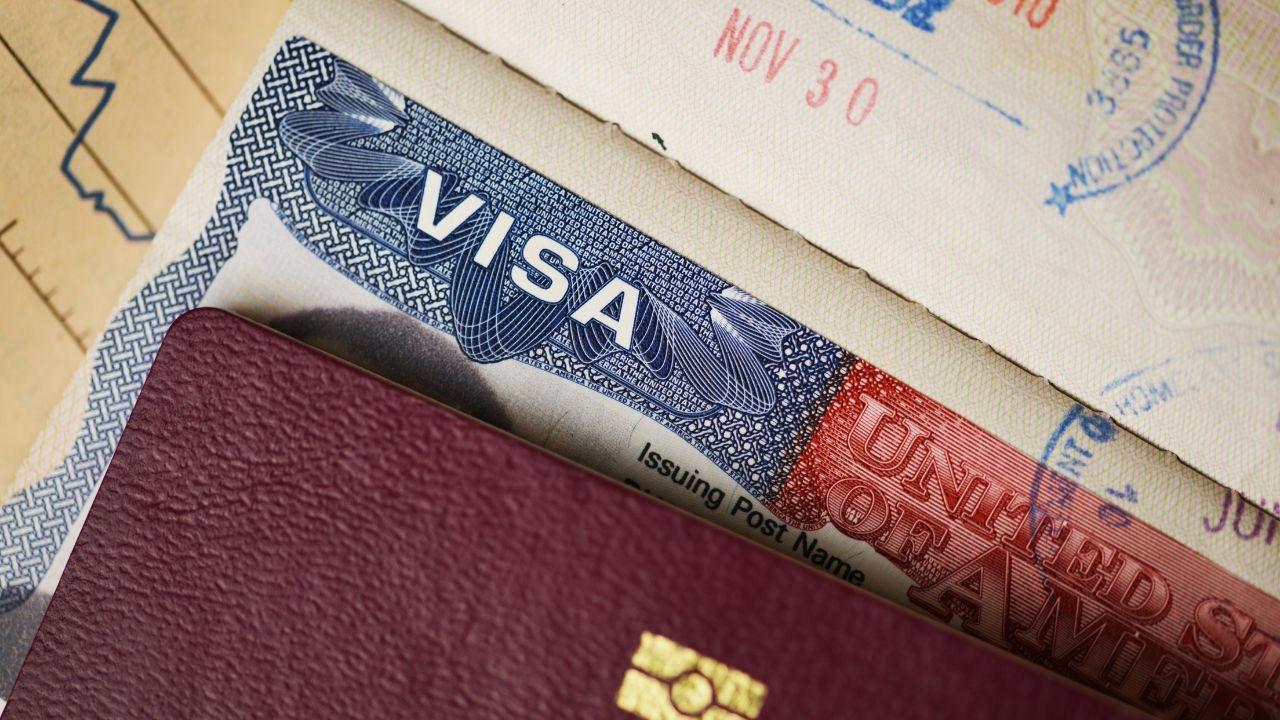
Join 10k+ people to get notified about new posts, news and tips.
Do not worry we don't spam!

Post by : Anis Farhan
Self-care has become one of the most talked-about topics in recent years, but for many, it remains an idea rather than a practice. People often start routines with enthusiasm, only to abandon them within weeks. The problem lies in approaching self-care as a trend instead of treating it as a lifestyle. In 2025, the emphasis has shifted toward building self-care routines that are realistic, sustainable, and aligned with individual lifestyles. Rather than perfection, the goal is consistency—small daily actions that nurture both body and mind.
Modern life is fast-paced, demanding, and often overwhelming. Work pressures, digital overload, and constant connectivity leave little room for genuine rest. Research in recent years has highlighted that neglecting self-care leads to increased stress, burnout, and declining mental health. Building a self-care routine that actually sticks is less about luxury spa days and more about everyday practices that protect long-term health.
One of the most common mistakes is setting ambitious goals right from the start. People plan an hour-long workout every day or commit to journaling for 30 minutes without considering their actual schedules. When reality sets in, these habits feel impossible. The science of habit formation shows that routines stick better when they start small. A five-minute meditation, a short daily walk, or even drinking more water can lay the foundation for long-lasting self-care.
Self-care is not one-size-fits-all. What works for one person may feel like a burden to another. For some, self-care means physical activity like yoga or running. For others, it might be creative outlets such as painting or writing. In 2025, the emphasis is on tailoring routines to individual needs, personalities, and lifestyles. Apps and digital trackers now help people customize habits, offering flexibility instead of rigid plans.
While physical health often gets priority, mental well-being is just as important in a self-care routine. Practices such as mindfulness, journaling, gratitude exercises, and therapy are becoming mainstream parts of self-care. Even small breaks from screens or practicing deep breathing throughout the day can significantly reduce stress levels. In 2025, more workplaces are recognizing the importance of mental wellness, encouraging employees to integrate self-care into their daily lives.
Another reason routines fail is that people view self-care as expensive or time-consuming. The reality is that effective self-care can be simple and accessible. Cooking a healthy meal, getting enough sleep, or spending time outdoors costs little but contributes greatly to well-being. The focus is shifting away from commercialized “self-care products” toward habits rooted in daily life.
One overlooked aspect of self-care is learning to say no. Overcommitting leads to exhaustion, and without boundaries, even the best self-care plan will collapse. Setting limits at work, reducing social obligations when necessary, and making space for rest are essential practices. In 2025, many people are redefining success—not as constant productivity but as a balance between achievement and well-being.
Technology has given us wellness apps, meditation guides, and fitness trackers, making it easier to monitor self-care habits. However, it can also be a distraction. The key lies in using technology mindfully. Digital detox routines, screen-free hours, and conscious social media use are becoming central parts of modern self-care practices.
Self-care is often viewed as an individual pursuit, but research shows that routines stick better with support. Having a workout buddy, joining wellness communities, or sharing progress with friends can increase accountability. In 2025, online communities dedicated to sustainable self-care are thriving, helping people stay motivated through shared experiences.
A routine that works today might not work a year from now. Life changes, and so do needs. The key to building a lasting self-care routine is adaptability. Whether it’s shifting from intense exercise to gentler practices due to health changes or incorporating new hobbies for stress relief, flexibility ensures that routines remain relevant and sustainable.
A self-care routine that sticks is not about instant results. Instead, it builds resilience, prevents burnout, and enhances quality of life over time. Consistency leads to better sleep, improved mood, increased energy, and stronger immunity. These long-term benefits are what make the effort worthwhile, turning self-care from a buzzword into a way of living.
This article is for informational purposes only and does not substitute professional medical or psychological advice. Always consult healthcare or wellness professionals when making major changes to your lifestyle.










Paramount+ to Stream PBR’s 'Unleash the Beast' in New Five-Year Deal
Paramount+ will stream PBR’s 'Unleash the Beast' across the U.S. starting this December under a five

Zohran Mamdani Clinches NYC Mayoral Seat as Victory Speech Blends Politics and Bollywood
Zohran Mamdani won New York City's mayoral race, becoming the city's first Muslim and South Asian ma

India Wins First Women’s World Cup 2025 Title
India lifts its maiden Women’s World Cup 2025 title! Harmanpreet Kaur’s team stuns South Africa in a

Manuel Frederick, 1972 Olympic Bronze Goalkeeper, Dies at 78
Manuel Frederick, a member of India’s 1972 Olympic bronze hockey team, has died in Bengaluru at 78 a

Muhammad Hamza Raja Wins IFBB Pro Card Puts Pakistan & UAE on Global Stage
Pakistani bodybuilder Muhammad Hamza Raja earns IFBB Pro Card in Czech Republic, showcasing Dubai’s

Shreyas Iyer’s Recovery Underway After Spleen Laceration in Sydney ODI
Shreyas Iyer is recovering after a spleen laceration sustained while taking a catch in the Sydney OD